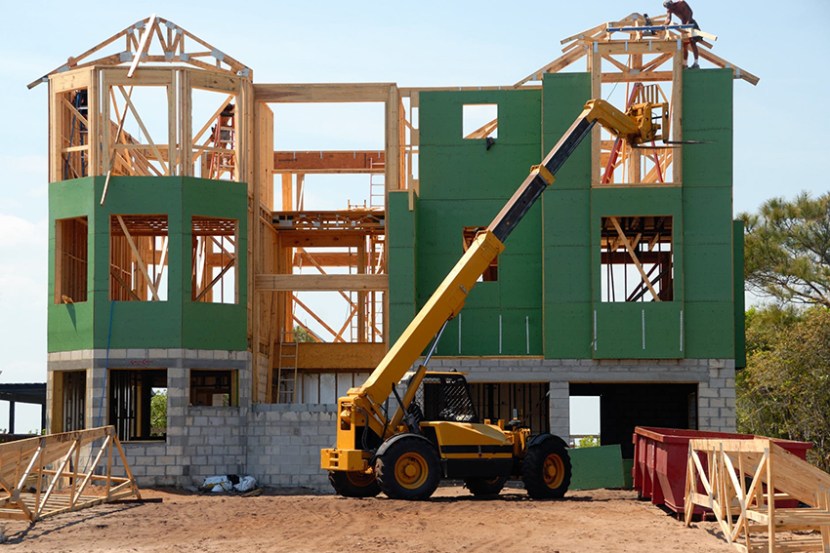
MBA, Trade Groups Ask DHS to Declare Housing ‘Essential Infrastructure Business’

The Mortgage Bankers Association joined more than 90 industry trade groups in a letter to the Department of Homeland Security, urging DHS to designate construction of single-family and multifamily housing as an “Essential Infrastructure Business.”
The distinction is important, the letter said, to maintain safety, sanitation and economic security during the coronavirus pandemic.
“As cities and states issue declarations and public health orders as a result of the crisis, it is essential that communities have access to our professionals to build and maintain essential services including: building, plumbing, residential property management, rental housing operators, roofing, electrical, HVAC systems, waste/wastewater treatment plants and power generations,” the letter said.
The coronavirus pandemic has brought large segments of the U.S. economy to a halt; more than three million Americans filed unemployment claims last week as state and local governments issued public health orders requiring citizens to stay home and closing non-essential businesses (see related story in today’s MBA NewsLink).
In the letter to Acting DHS Secretary Chad Wolf, MBA and the trade groups asked DHS to considers four main factors:
–Recognize that construction of single-family and multi-family housing is essential and should be allowed to continue under a remain in place order;
–Government functions related to building and development process, such as inspections, permitting and plan review services can be modified to protect the public health, but fundamentally should continue and serve the construction of housing (e.g., allow qualified private third-party inspections in case of government shutdown);
–Supply stores, distributors and manufacturers of building products necessary to serve the construction, repair and maintenance of housing should be allowed to operate; and
–Those working in building trades must be allowed to continue to maintain the essential operation of residences and other operating businesses.
The letter noted A large majority, if not all land development and residential construction job tasks, fall within public health guidelines set forth by the Occupational Safety and Health Administration and the Centers for Disease Control and Prevention as “Lower Exposure Risk” jobs, that do not require contact with people known to be, or suspected of being, infected with infectious diseases such as COVID-19.
“Obviously, working on a new unfinished home site occurs primarily outdoors and does not involve going onto a location occupied by residents or a public location, and there is minimal (if any) physical or transactional contact with customers compared to other customer/client relationships,” the letter said.
The letter also pointed out as part of the Essential Infrastructure, residential construction requires that government building and zoning departments continue to operate. Furthermore, for the safety and wellbeing of current and future occupants, governments must allow inspections to occur in a timely manner.
“Housing is currently 14.6% of Gross Domestic Product and a major engine of the economy,” the letter said. “Keeping the men and women of the industry building must be a priority. If the construction industry and its supply chain is disrupted, it creates a domino effect leading to dire negative economic repercussions for an already-burdened economy.”
